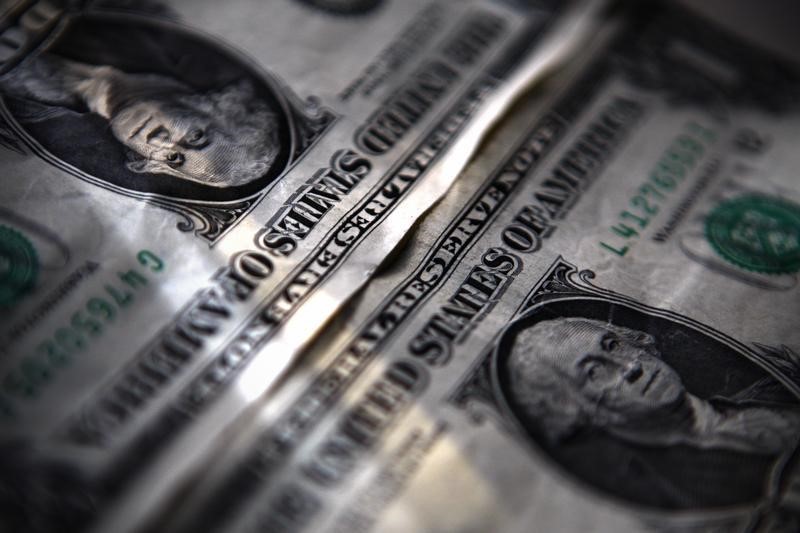Investing.com– Most Asian currencies rose on Friday, recovering from steep losses this week, while the dollar steadied below two-month highs as markets awaited more cues on progress towards raising the debt ceiling.
The rose 0.2%, but was among the worst-performing Asian currencies this week, down nearly 2% as expectations of a wider gulf in local and U.S. interest rates dented the currency. The yen was also trading just above six-month lows to the dollar.
Softer-than-expected data on Friday spurred more expectations that the will hold off on tightening policy this year, although the reading was still well above the BOJ’s 2% annual target.
The rose 0.3%, rebounding from a near six-month low. But the currency remained well below the key 7 level to the dollar, also receiving little support from the Peoples Bank of China’s daily midpoint fixes.
The yuan was battered by concerns over a slowing economic rebound in China, as well as deteriorating ties between Beijing and Washington following a ban on Chinese sales of U.S. chipmaker Micron Technology Inc (NASDAQ:).
Fears of a new COVID-19 outbreak in China also rattled sentiment, as media reports suggested that cases were once again on the rise.
Broader Asian currencies advanced on Friday, but were nursing steep losses for the week as anxiety over a potential U.S. debt default and higher-for-longer kept currency markets fixated on the dollar.
The rose 0.5%, while the added 0.4%. The rose 0.1%, but was close to a seven-month low as data on Friday showed that slowed in April amid increasing pressure from high inflation and interest rates.
The and saw some profit-taking in Asian trade, falling about 0.2% each, but were up nearly 1% for the week. The two were also trading at their highest levels in two months.
Markets are awaiting a breakthrough in negotiations to raise the U.S. debt ceiling and avoid a government default, although lawmakers have given few signals that an agreement is imminent. But the dollar benefited from safe haven demand, as traders bet that even a default would do little to dent the greenback’s position as the global reserve currency.
Still, the prospect of a U.S. default bodes poorly for the global economy. This notion kept traders clear of risk-heavy Asian currencies.
Expectations of a hawkish Federal Reserve also kept Asian units under pressure, as traders bet that U.S. rates will stay higher for longer.
Read the full article here


